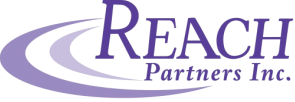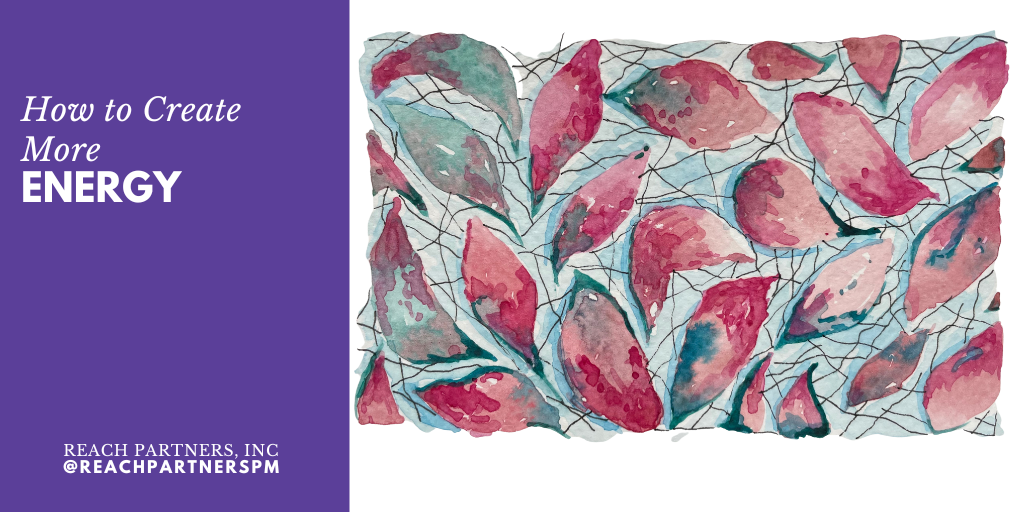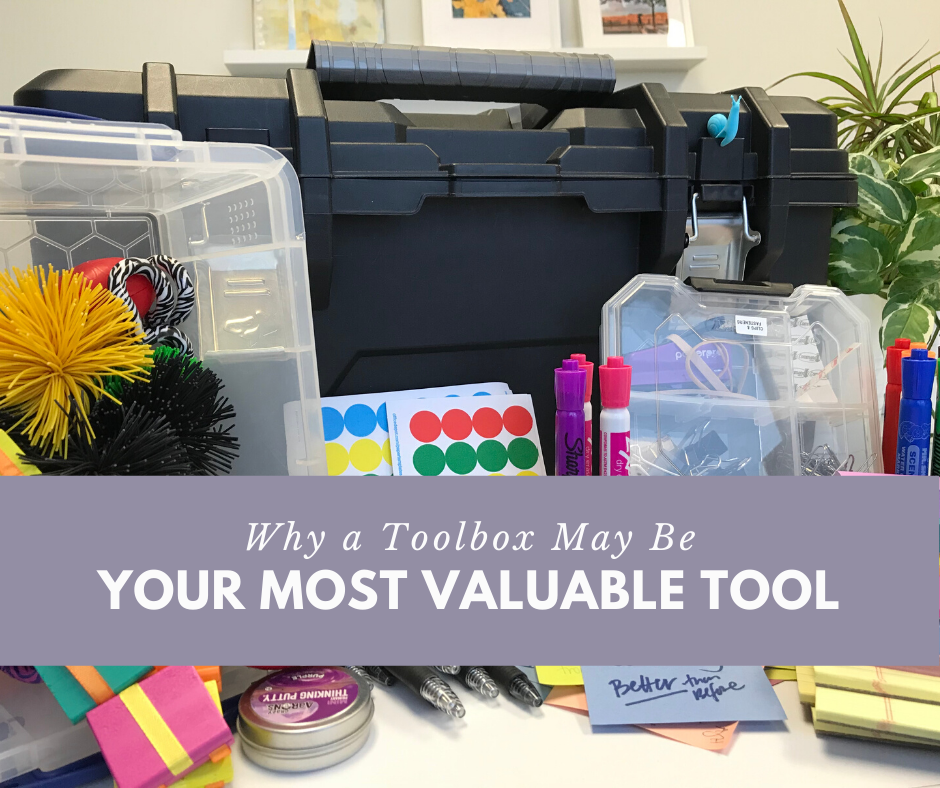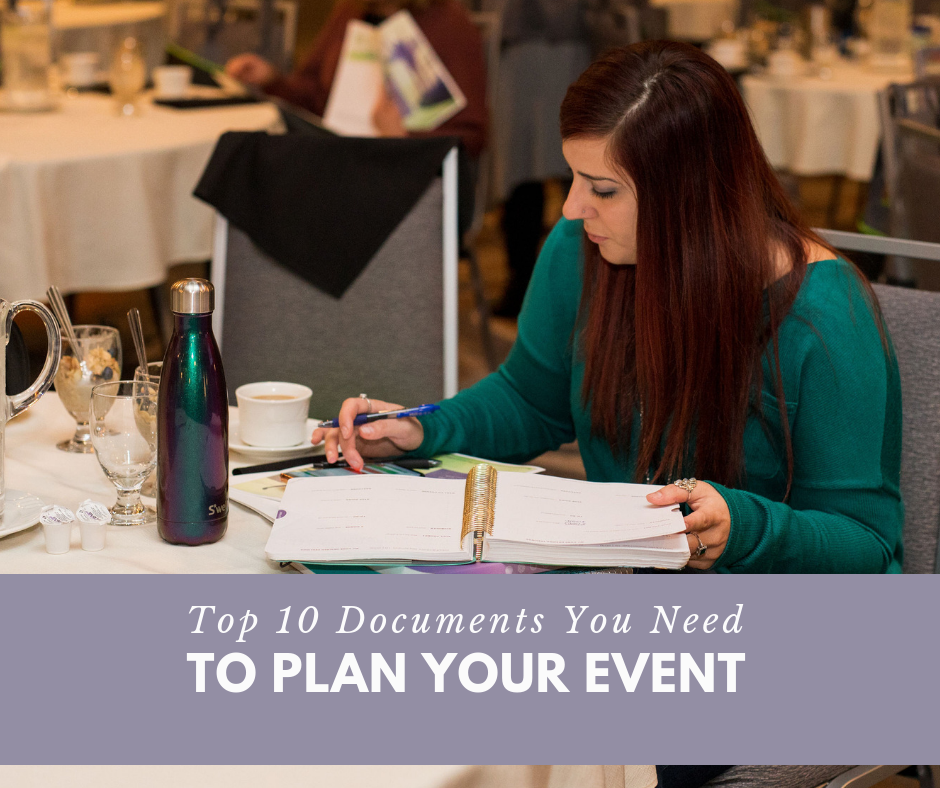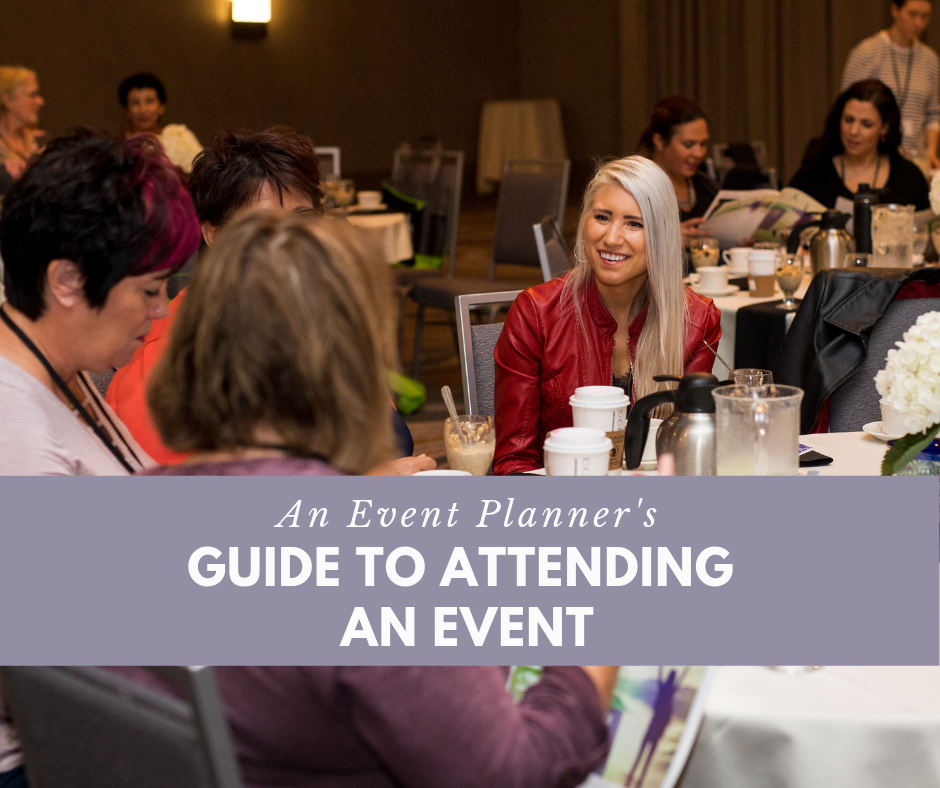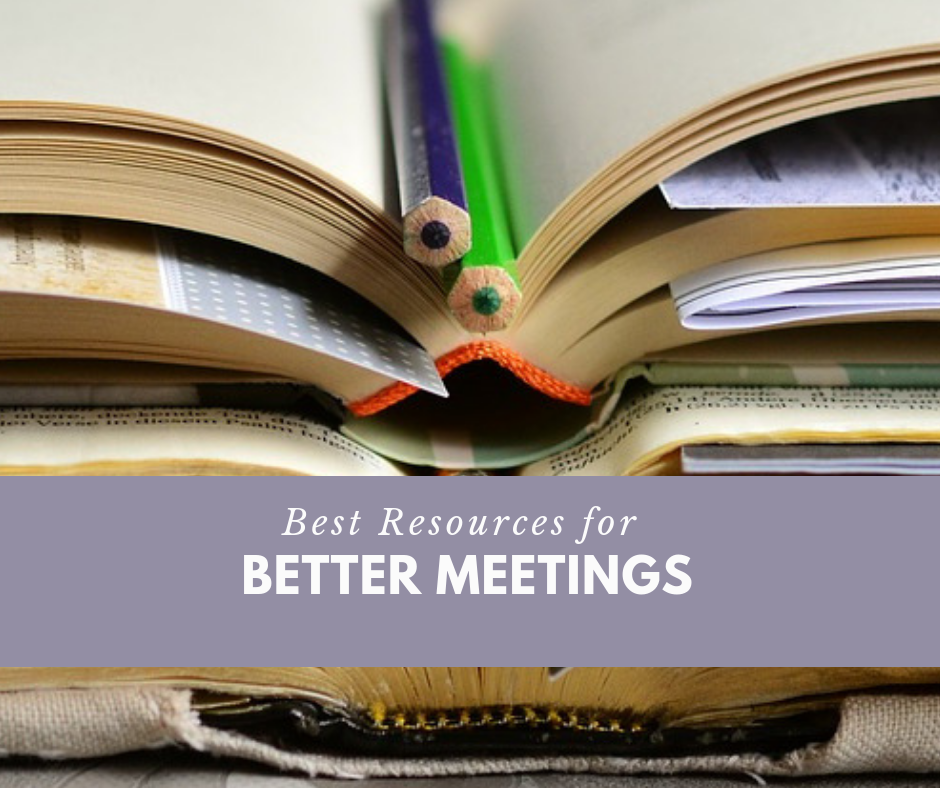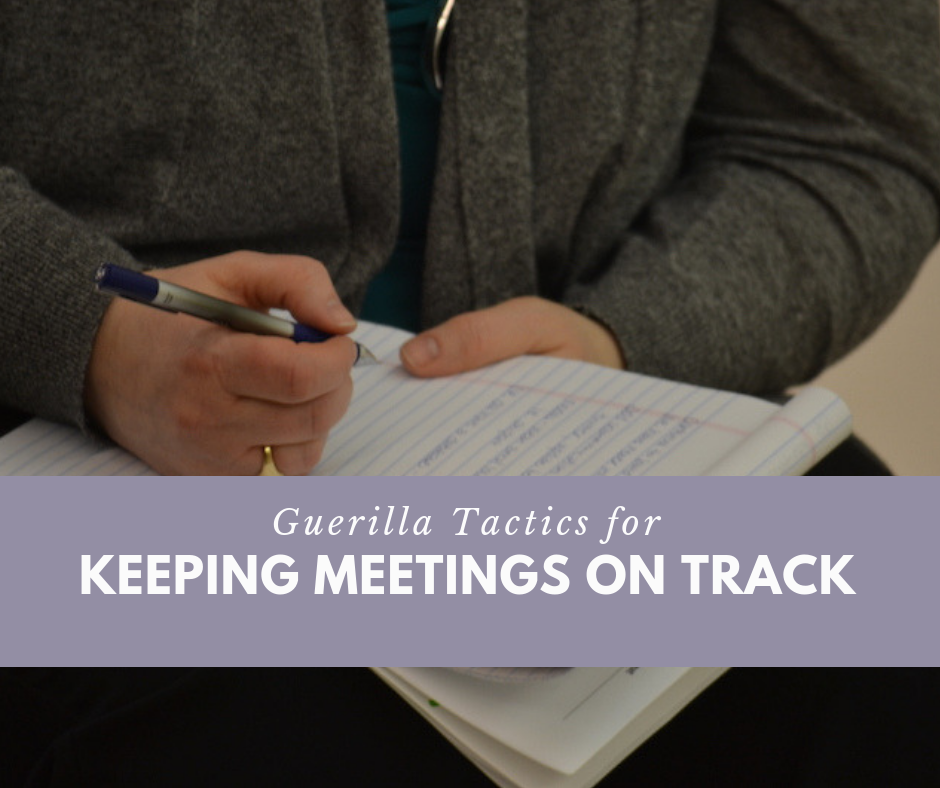|
I started running just before I turned 30. After realizing I had never completed a consecutive mile, I wanted to see if I could reduce the amount I sweat (my cooling system is a slick thing to be admired) and transform into a long-legged, running gazelle (nope).
Still, what I have discovered after years of trotting is there are similarities between running a race (like a half marathon, 13.1 miles) and the project management work I do at Reach Partners (everyday, baby). For both, success starts by committing to do what I say I’ll do.
2 Comments
People often say they need something specific to generate more energy and are disappointed when they never seem to have enough of it. I suspect this gap occurs because we focus on the things that gives us energy instead of the processes we set up.
Think about it: How often have we been asked, “What gives you energy?” How often have you been asked, “How do you produce energy?” Maybe it’s the “how,” not the “what,” we should seek. After all, we have more control over the “how.” As I reflect on this, I want to share a few ways you can create positive, helpful energy: At some point, nearly every organization needs to hire an outside vendor or consultant.
Maybe you need help with accounting or a website redesign. Maybe you need someone to help you organize an upcoming event; or maybe you need someone to lead your team training. Whatever you need, be sure to seek a partner – and not just a vendor or a consultant. What’s the difference? It starts with intent. Every time we facilitate or manage an off-site meeting or event, we bring a lot with us.
Our vehicles are usually packed with necessities like centerpieces, easels, easel pads, signage, folders, programs, our documents . . . you name it. Arguably, one of the most valuable items we haul is our trusty Husky toolbox. It took us a while to realize we needed a container where we could prepack all the small office supplies one needs or might need when away from their office. We had been making do by grabbing a scissors from a desk and Post-it notes from the supply cabinet. But then we’d forget to return the scissors to the right person, and Linda wondered where her stapler was. And don’t even get us started on how much time it took to pack those items. Every. Single. Time. Planning an event or activity takes time and coordination. From the moment the brainstorming starts until the last attendee leaves, you need to know what’s going on and keep track of the details.
We believe in – and practice – documentation. Lots of it. We track everything leading up to the event welcome and detail the day of the activity until the last swag bag is grabbed. Why? If you don’t write it down, you forget. And it becomes even more challenging to make sure a group of staff, volunteers, stakeholders, and others are on the same page. It’s true. Every event is different. But these documents can help your gathering run smoothly. This won’t be a big surprise to many of you, but we love conferences and big events.
Yes, it’s true that we enjoy organizing them. We also enjoy attending them. After all, you can gather information by watching online videos or reading about the latest industry trends via article or book. However, nothing replaces the face-to-face interactions that happen when people gather for a specific purpose. When you attend a shared event or conference, you have opportunities to connect with others. You may gather new insight or hear a different perspective. When done right, conferences are energizing. You will walk away with at least a few tips that can make your personal or professional life stronger. That said, every successful conference requires you to put forth some effort. Here’s how you can make the most out of your time at a large event or gathering. Let’s face it: we spend a lot of time in meetings.
On average, employees attend 62 hours of meetings in a month, according to Forbes magazine. Related research from Bain & Company found that executives spent up to 15% of an organization’s collective time in meetings, a percentage that has been increasing in the last decade. Sure, we could schedule fewer meetings but we could also make better use of the time we have together. Earlier this year, I shared some tips with our our local chamber about how to make meetings more efficient, more productive, more fun. To prepare for the presentation, I analyzed observations and inhaled information from respected speakers and authors exploring similar topics. Below are some of the resources I found most helpful plus links to other Reach Partners posts related to #BetterMeetings. Whether you have 15 minutes or five days, you’ll find these resources engaging. Enjoy! –Rachel Here’s your challenge for the month: Take on the difficult project that nobody else wants to do.
Or volunteer to handle the assignment that has been kicked back-and-forth between team members and do it with gusto. Whoa … what?! That’s right. Next time someone makes a request that nobody else wants to take on, make eye contact with the person and say, “yes.” Become the go-to person who solves problems and has an enthusiastic attitude. Here’s how you can be the hero when facing a tough project: "Writing is easy: All you do is sit staring at a blank sheet of paper until drops of blood form on your forehead.” – Gene Fowler
Okay, the quotation above contains a bit of hyperbole, but let’s face it: writing can be harder than you expect. Whether you’re drafting a document or creating content for your website, finding the right words and tone can cause the even the bravest to break into a sweat. And then, we complicate things by bringing in the team. Every meeting has the potential to veer into a tangent, to carry its attendees into a deep forest so far from the original path that it’s nearly impossible to find the route home.
It’s easy to blame this on others – those who arrange the agenda, those whose comments lead us astray. But whether we like it or not, we are all accountable for keeping meetings effective. If you’re in charge, the steps you need to take are more obvious. If you’re not officially in charge, there are still things you can do to keep everyone on track. But wait, you say. I’m not the meeting leader. What can I do? A lot, it turns out. |
Reach PartnersYour partners in leadership. Categories
All
Archives
July 2024
|
|
|
Reach Partners, Inc
3330 Fiechtner Dr. Suite 100 Fargo, ND 58103-2321 701-271-8170 Copyright (C) 2024 Reach Partners Inc.
|
